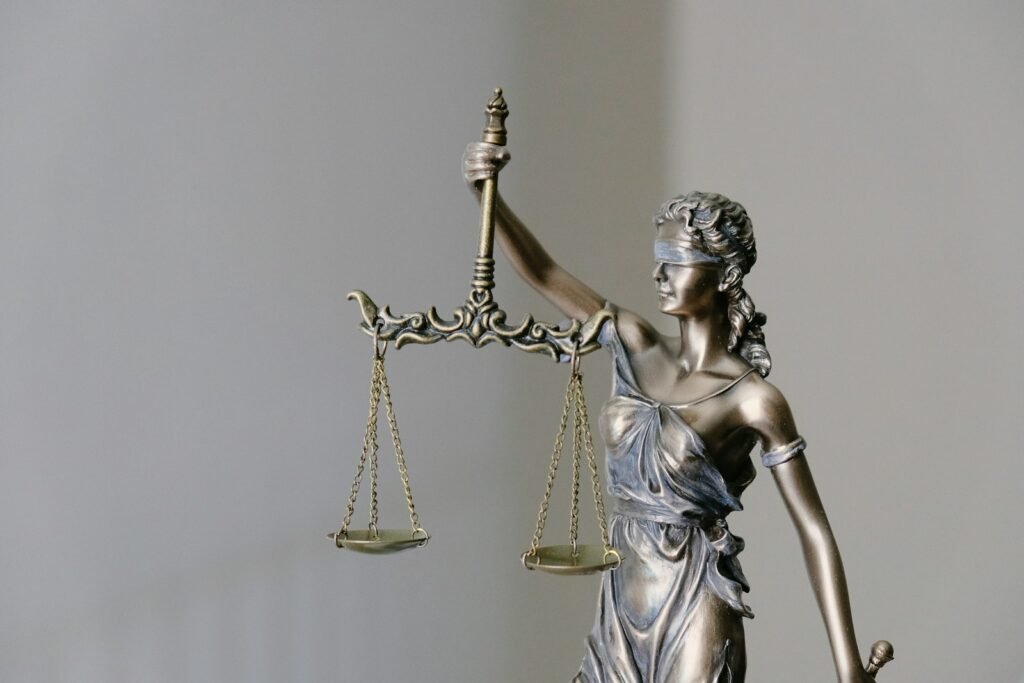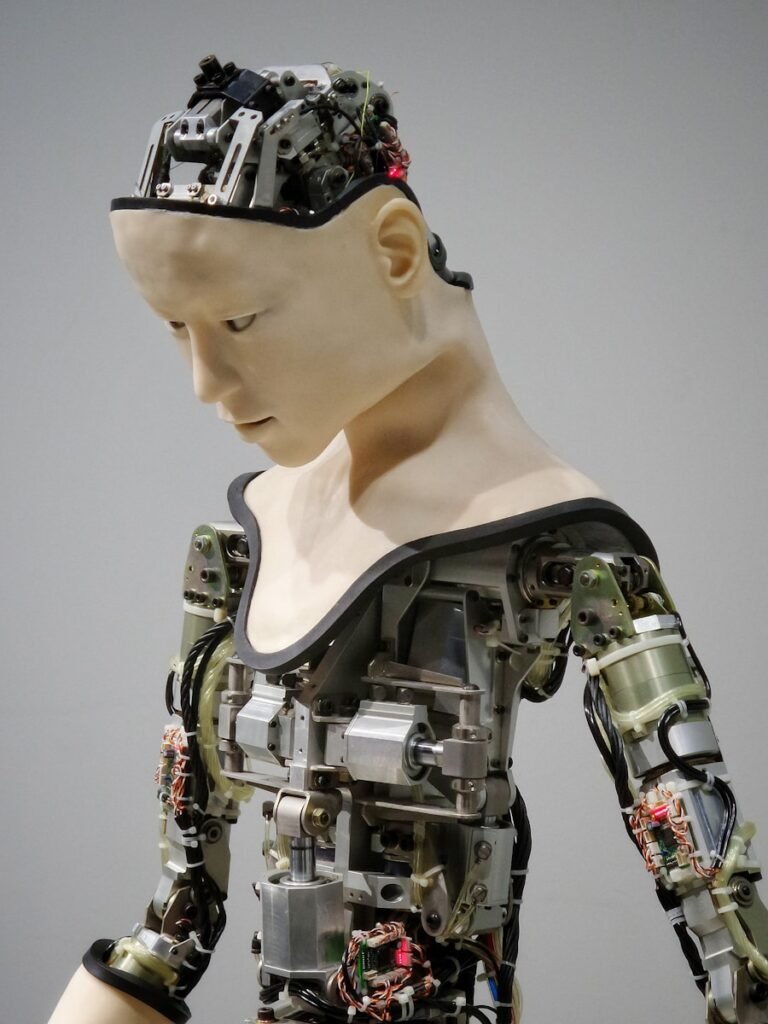
Navigating AI Ethics in a Digital World
Navigating the enigmatic realm of artificial intelligence, ethics emerges as our celestial guide. In this digital domain where algorithms reign supreme and decision-making unfolds like a chaotic symphony of data points, the moral compass must remain steadfast. It is akin to planting a seed in a garden teeming with endless possibilities – we must tenderly nurture it, for what we sow today shall surely blossom tomorrow.
As the legendary Uncle Ben once professed, “With great power comes great responsibility.” Thus, in wielding the formidable power of AI at our fingertips, we must proceed with caution, mindful of the reverberations caused by our innovations. Echoing Elon Musk’s poignant words: “The greatest pitfall I observe among many individuals is their failure to grasp that they are meant to control the tool.” Therefore, let us embark on this odyssey through the intricate maze of AI ethics armed not solely with knowledge but also imbued with sagacity and empathy.
Ethical Considerations in AI Development
Delving into the realm of AI development, one is inevitably confronted with a tangled web of ethical considerations that loom ominously overhead. It’s akin to attempting to balance a dozen fragile eggs while precariously traversing a tightrope on a unicycle – one wrong move and chaos could ensue. As the illustrious Alan Turing once wisely remarked, “We may only perceive a short distance ahead, yet there lies before us an abundance of tasks that demand our attention.
In this era dominated by digital advancements where AI permeates every facet of our lives, it is imperative to underscore the paramount significance of ethical decision-making in its evolution. It transcends mere functionality; it hinges on ensuring that these algorithms harmonize with ethical values and principles. As we navigate through this intricate terrain, let us heed the admonition of Tim Cook: “Technology possesses boundless potential for greatness. However, it remains inert unless prodded towards such lofty goals.”
The Role of Governments in AI Oversight
The perplexing dance between governments and AI oversight is akin to a captivating tango, much like the unpredictable pairing of peanut butter and jelly or my own late-night coding escapades. As we plunge into the labyrinthine realm of artificial intelligence, it becomes evident that governments hold a pivotal role in ensuring the conscientious development and utilization of AI technologies.
Governments must remain vigilant and agile, akin to a feline fixated on chasing a whimsical laser pointer, in their supervision of AI. As astutely noted by Sam Altman, “Governments must adopt a proactive stance rather than reacting passively to regulate AI.” This isn’t about stifling innovation but rather constructing a scaffold that fosters ethical and responsible advancement in AI. For as the age-old adage gs, with great power comes great responsibility an axiom that certainly applies to the domain of AI. Let us trust that our governments are prepared for this challenge and equipped to confront the dynamic landscape of AI with fervor.
Transparency in AI Decision-Making
In the realm of AI decision-making, transparency is akin to baring your soul – it’s about laying all your cards on the table and allowing others a glimpse behind the veil. Picture it as that brutally honest friend who never sugarcoats anything. As Sam Altman so eloquently put it, “Transparency might just be the most revolutionary and impactful innovation to emerge from AI.”
In this AI landscape, transparency isn’t merely a trendy term; it’s a necessity. Envision a scenario where AI systems operate without an iota of transparency – it’s like navigating through a game of poker blindfolded, hoping for a winning hand but ultimately landing with a meager pair. In the words of Elon Musk, “If you can’t explain something in simple terms, then you don’t truly grasp its essence.” Transparency in AI decision-making isn’t solely about clarity; it’s about fostering trust and responsibility in a digital domain where uncertainty reigns supreme.
Balancing Innovation and Accountability
In the ever-shifting landscape of artificial intelligence (AI), navigating the fine line between ingenuity and responsibility is akin to a blindfolded tightrope walk. The thrill of forging ahead with revolutionary technologies that defy our previous limits clashes with the need to proceed cautiously, lest we stray into ethically murky territory. It’s a complex interplay of advancement and duty that demands both sharp insight and unwavering resolve.
As we meander along this treacherous route, it’s crucial to heed the wisdom of computer scientist Grace Hopper, who famously cautioned against the perilous trap of tradition: “The most dangerous phrase in the language is, ‘We’ve always done it this way.'” In the whirlwind pace of AI development, clinging to outdated norms can spell catastrophe. Embracing change and challenging our preconceptions are imperative in ensuring that our innovations not only break new ground but also uphold social and ethical standards. Striking a harmonious balance between pushing boundaries and maintaining accountability isn’t just an aspiration- it’s an imperative for shaping a future where AI benefits humanity at its best.
Ethical AI Training and Education
In the ever-changing world of AI, ethical considerations stand as vital foundations. Venturing into the realm of Ethical AI Training and Education leads us on a quest to arm the upcoming generation of visionaries with a moral compass for the digital era. The art of teaching is the art of assisting discovery,” as Mark Van Doren aptly puts it, capturing the essence of nurturing ethical AI practices in young minds.
Educational institutions hold a crucial role in shaping future AI pioneers who will define the ethical structure of AI systems. It’s not just about coding and algorithms; it’s about imparting values and principles to steer decision-making in AI development. Henry Ford’s wisdom comes to mind: “The only real mistake is the one from which we learn nothing,” emphasizing the significance of drawing lessons from past ethical shortcomings in AI to forge a responsible tomorrow. As we delve deeper into Ethical AI Training and Education, we plant seeds for a more ethically aware AI landscape, fostering innovation with integrity.
Mitigating Bias in AI Algorithms
The current buzz surrounding bias in AI algorithms is both perplexing and concerning. Stories abound of these algorithms making questionable decisions, whether it’s facial recognition software failing to identify certain ethnicities or recruitment systems showing favoritism towards one gender. It’s a chaotic scene out there, reminiscent of the Wild West but instead of gunslingers, we have biased algorithms causing chaos.
Let me be clear, I am all for progress and innovation. However, when it comes to AI, caution is necessary. As the insightful Tim Berners-Lee once stated, “The web is more a social creation than a technical one.” He designed it with the goal of fostering collaboration among people rather than treating it as a mere technological plaything. Similarly, AI should aim to enhance society without further dividing it. Let’s get down to business by addressing bias in AI algorithms with ethical considerations before they spiral out of control and plunge us into a dystopian future only found in science fiction novels.
The Impact of AI on Privacy Rights
As we plunge deeper into the mysterious depths of AI, the reverberations of its impact on privacy rights grow increasingly pronounced. Picture your personal data as a succulent steak and AI algorithms as a voracious pack of wolves – they prowl around, at times veering uncomfortably close. With technological progress galloping ahead, our privacy has morphed into the star attraction on the digital menu, demanding more than a mere sprinkle of caution to navigate this treacherous landscape.
In this era sculpted by digits and screens, where every keystroke, approval nod, and finger swipe is meticulously logged, our privacy resembles a fragile abode constructed from cards in a tempestuous gale. As astute Edward Snowden eloquently articulated,”Privacy is the bedrock upon which all other rights rest.” It serves as the robust foundation supporting our liberties. Hence, when AI swoops in like an inquisitive avian peering into our existence, we must tread gingerly to ensure that our right to privacy does not metamorphose into an antiquated relic lost amidst time’s tumultuous currents.


